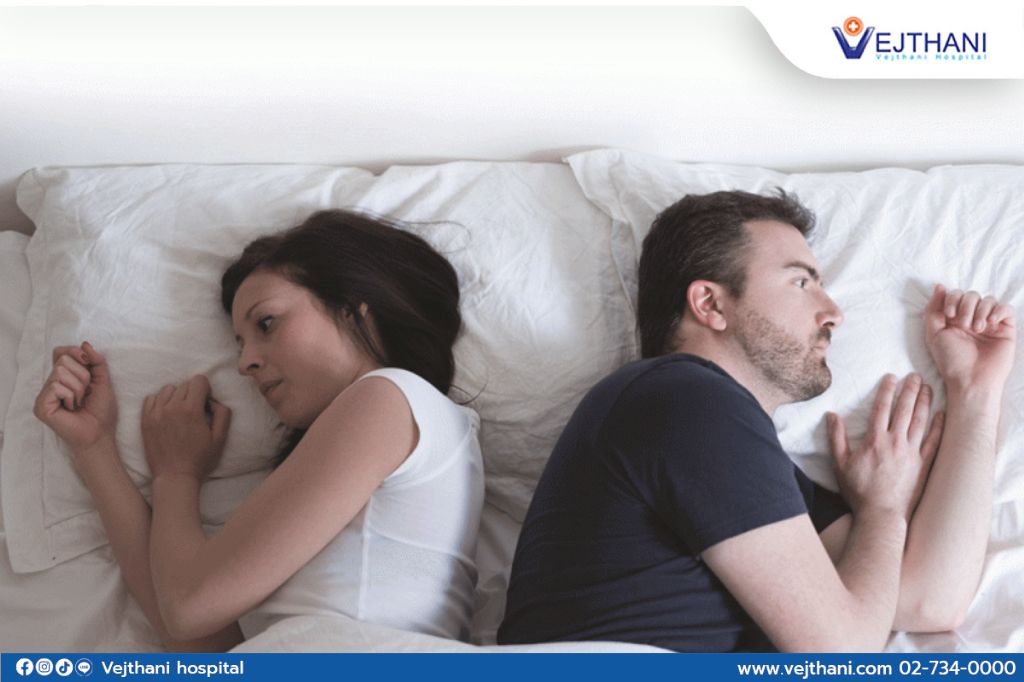PAE for Enlarged Prostate — A Non-Surgical Solution, Back to Living Well
Discover how Prostatic Artery Embolization (PAE) treats enlarged prostate, helping men relieve urinary symptoms while preserving sexual health.

Most men have occasionally experienced the lack of a morning erection, encountered trouble establishing or maintaining an erection, gaining an erection firm enough for sexual intercourse, or a loss of sexual desire. These all may be signs of erectile dysfunction (ED). It’s also sometimes referred to as impotence, and can significantly affect the quality of a man’s life.
Researchers found that ED affected 8% of men aged 20-30 years, and the percentage rises to 37% by ages 70-75. However, ED is now well understood, and there are various treatments available.
Treatment for ED will depend on the cause and how serious the condition is. Treatment options can include the following:
However, please think about lifestyle changes because unhealthy habits can affect ED. Remember to exercise regularly, lose extra weight, stop smoking, drink less, avoid foods high in fat, eat healthy foods, and manage and reduce stress. If you seem to have erectile dysfunction, one or more facets of your lifestyle could be contributing to your condition. It’s crucial to consult a specialist to find out the areas that could be improved. The most important thing is not to be shy about your condition. Most cases of ED are easily treatable.
For more information, please contact
Urology and Men’s Health Center, Vejthani Hospital
Call: (+66)2-734-0000 Ext. 4901
English Hotline: (+66)85-223-8888